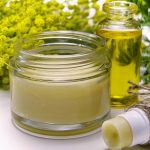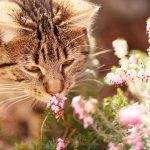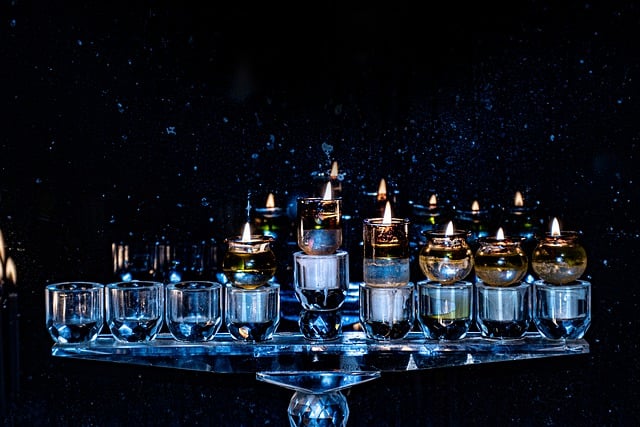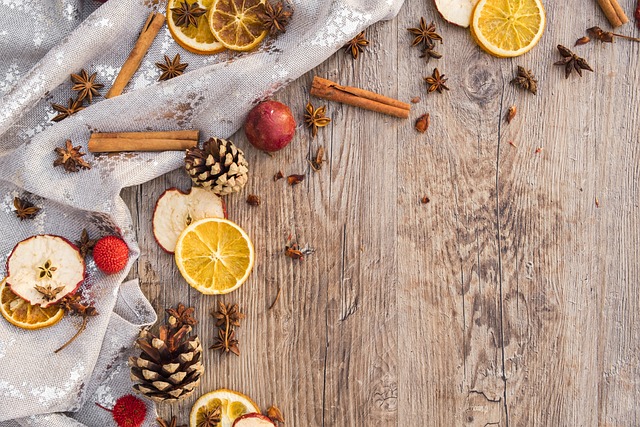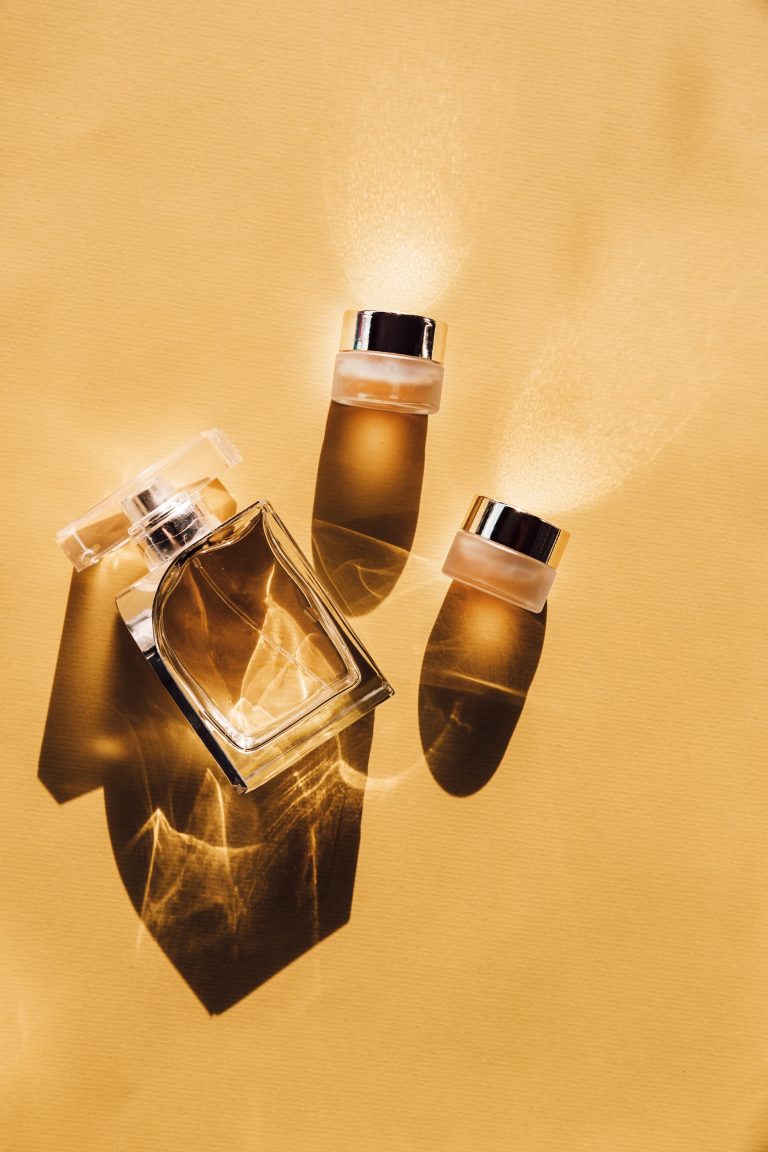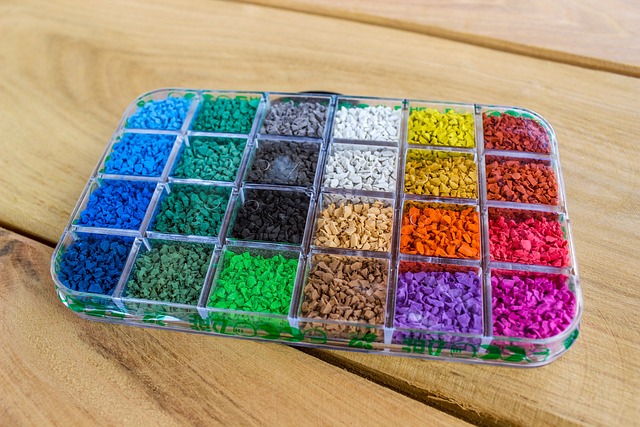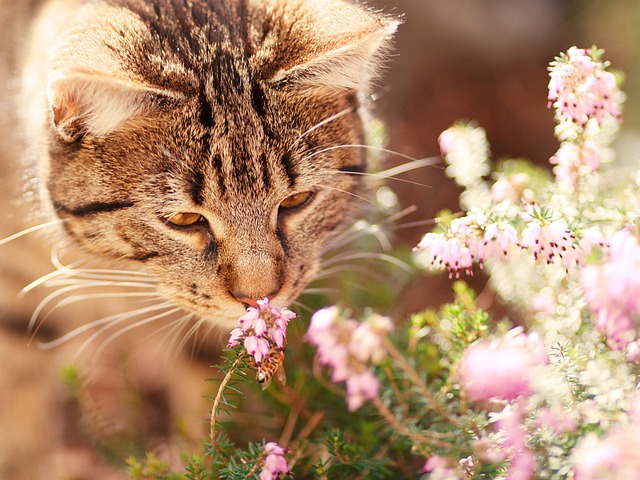We all know about the word fragrance because we use it several times in our daily routine but dig around the fantasy of its origin. What is an odour, by the way? It consists of components that create a compound possessing a sweet smell. Fragrance can be classified into natural and artificial. The aroma is a solid tool to enhance our confidence and make our presence sweet for us and others.
Naturally, everything which relates to fragrance, whether bad or good. Sometimes we can recognise anything by its smell. So on that pattern, we are now in this era of manufacturing fragrance in terms of perfume and scent. At the production level, several combinations, including chemicals or extracts from natural items.
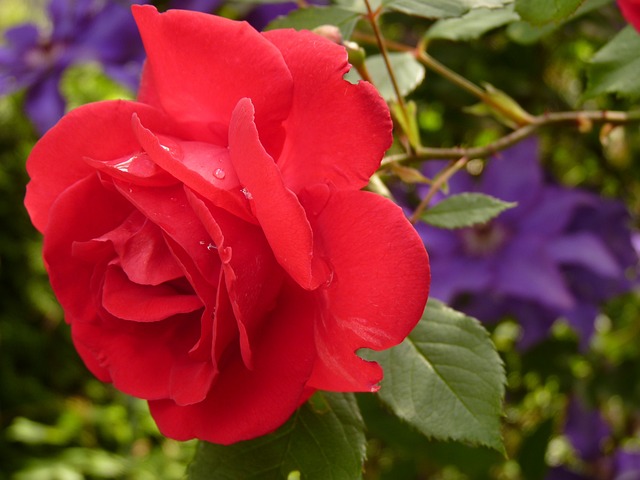
History Of Fragrance
In our opinion, smell is a mandatory part of human life and its impact on different aspects is so much to our personality. In nature, the sweet smell is always admired and the bad smell is always discouraged. So it is all about the history of mankind. But here we can try to explore the history of fragrance in terms of perfume manufacturing.
In past, we may found several references to the history of scent. Everyone claims it’s being but somehow it’s now exactly saying from where it can start. Egypt, Roman, and Persian cultures are the initial sources of its production and push to the other societies. Later on, china and Europe also became the big manufacturers of perfume for a long time. Even now in their culture and life, there is a big importance of scent.
Mechanism of producing
The mechanism of producing fragrance is also sweet same as what they are. Similar to the flavours it can be manufactured from the extraction process from natural sources. The process includes synthetic and biotechnological procedures.
How fragrance start using
As we mentioned above everything in the world is with some sort of scent, no matter its good or bad. Earlier it started by using natural materials directly like wood, leaves, roots, flowers, etc. Using methods are different. somewhere using body oil and somewhere like to fire woods and take smoke all around to get fragrant as perfume. Even nowadays fragrant oils are used in daily life routines.
The Enchanting Journey of Fragrance: From Past to Present
The fragrance has been integral to human civilization for centuries, captivating our senses and evoking emotions. From ancient rituals to modern perfumery, the art of scent has evolved and enchanted us throughout history. The information aims to explore different cultures and their transformative role in our lives today.
The explorer’s roots in ancient civilizations held immense cultural and spiritual importance. The Egyptians, renowned for their advanced knowledge of perfumery, utilized scented oils and aromatic plants for religious rituals, personal adornment, and mummification. The art of fragrance was also prevalent in ancient Mesopotamia, Greece, and Rome, where perfumes were associated with status, luxury, and well-being.
Fragrance in Eastern Cultures:
Eastern cultures, particularly India and China, have a rich history intertwined with fragrance. In the Asia region, the practice of using natural fragrances is famous as attars. Ans its history takes us back to ancient Ayurveda traditions. For so long, Fragrant flowers and essential oils have been an essential part of religious ceremonies, healing therapies, and personal fragrances. Similarly, China’s love for fragrance is deeply associated with their traditional medicine practices, with aromatic substances like incense and herbs playing a significant role in balancing energies and promoting well-being.
The Birth of Modern Perfumery:
This can be attributed to the Islamic Golden Age. The Arab world became a trade hub, bringing exotic spices, rare woods, and precious flowers. The Arab perfumers perfected the art of distillation, creating innovative techniques to extract aromatic compounds. These techniques spread to Europe during the Crusades, leading to the establishment of the first perfume industry in Grasse, France, in the 16th century.
The Evolution of the Fragrance Industry:
The 19th and 20th centuries marked a significant turning point in the fragrance industry. Because more advancements in organic chemistry enabled the synthesis of fragrance molecules, providing perfumers with an extensive palette of scents. This led to the emergence of renowned perfume houses, such as Guerlain, Chanel, and Dior, who crafted iconic fragrances that remain popular today. The introduction of synthetic fragrances revolutionised the accessibility and affordability of scents, making them available to a broader audience.
The Art and Science of Perfumery:
Perfumery is a delicate blend of art and science. Master perfumers, known as “noses,” meticulously create fragrances by combining aromatic ingredients. They understand the olfactory pyramid, which consists of top, middle, and base notes, and how they interact to create a harmonious scent. Perfume creation involves a deep understanding of chemistry, sensory perception, and a keen artistic sensibility.
Fragrance in Contemporary Culture:
In the modern era, fragrance has become integral to personal care, beauty, and well-being. So it’s not about only smelling good. Additionally, it can evoke memories, boost confidence, and enhance moods. However, the fragrance industry has already expanded to include various scented products, including perfumes, colognes, body sprays, aromatic candles, and fragrance diffusers as well as bath & body works. Moreover, niche perfumery has gained popularity, with artisanal brands focusing on unique and unconventional scent combinations.
Final Thought
The fragrance has come a long way from its ancient origins, shaping cultures, influencing traditions, and enriching our daily lives. Its ability to evoke emotions, create memories, and enhance personal well-being has made it an indispensable part of human existence. As we continue to appreciate and explore the world of fragrance, let us celebrate its enduring allure and the enchanting journey it has taken us on from the past to the present.
All information material is in copyright protection, So mandatory to share along with acknowledgement to “almost buy.com“





